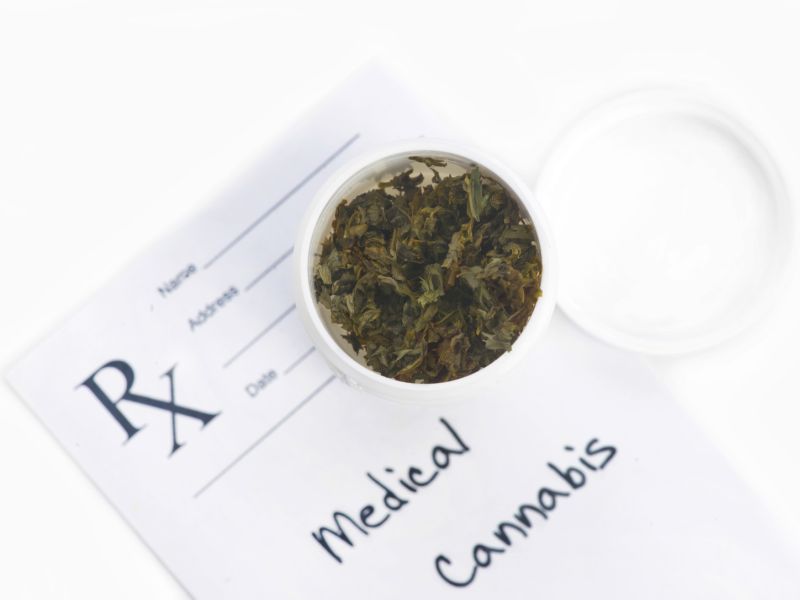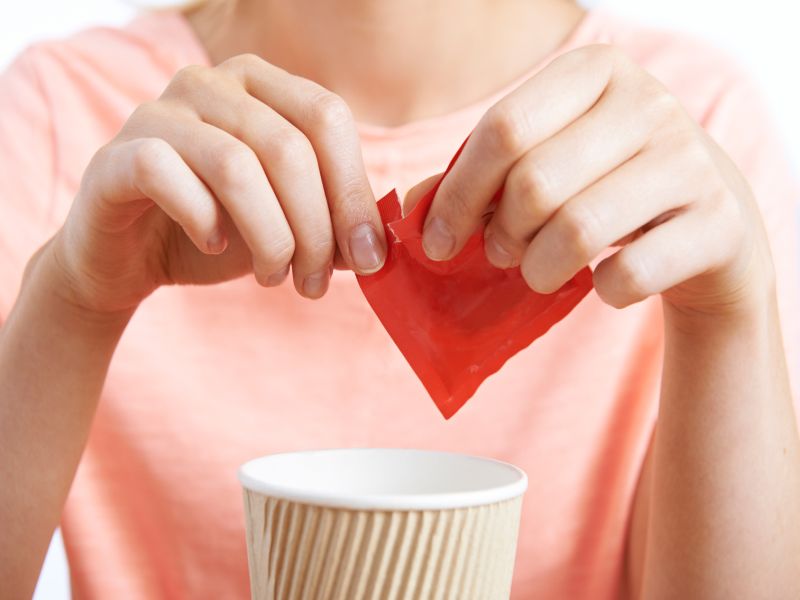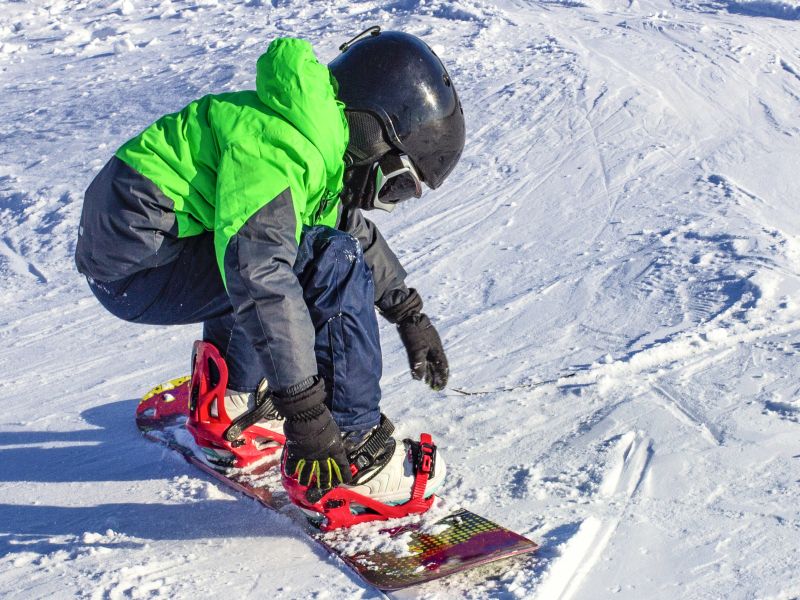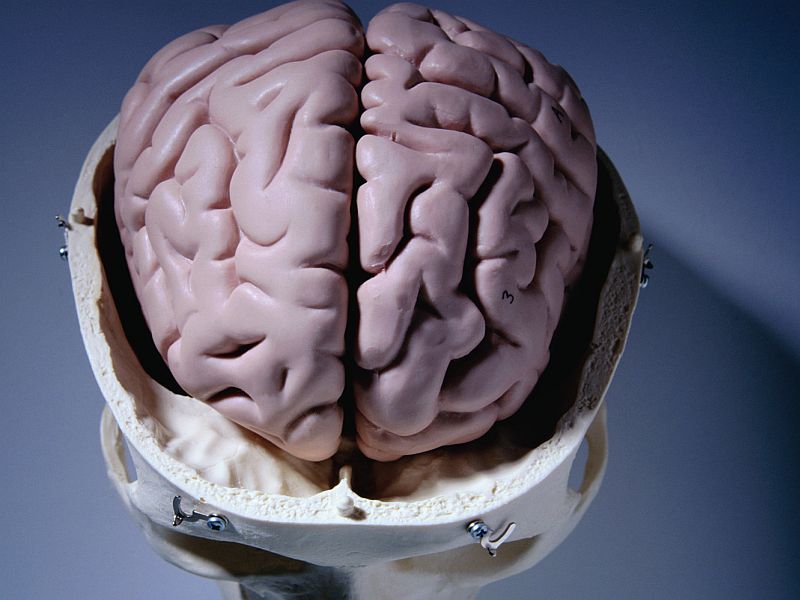
People struggling with anxiety, depression or other psychiatric problems shouldn’t pin their hopes on medical marijuana, a new review suggests. Dozens of studies involving more than 3,000 people did not provide compelling evidence that medical cannabis can help treat disorders of the mind, the review authors concluded. “Cannabinoids are often advocated as a treatment for… read on >





























